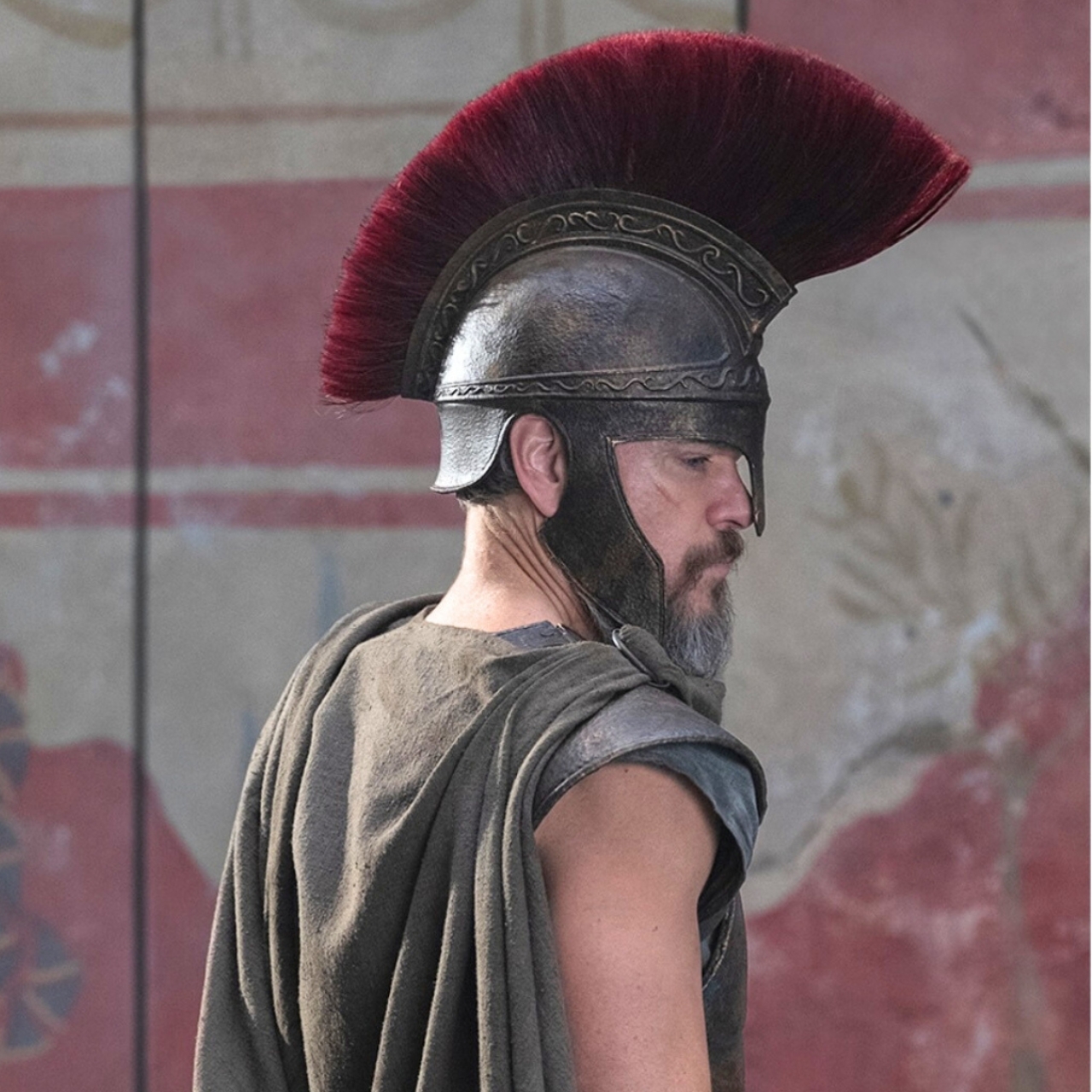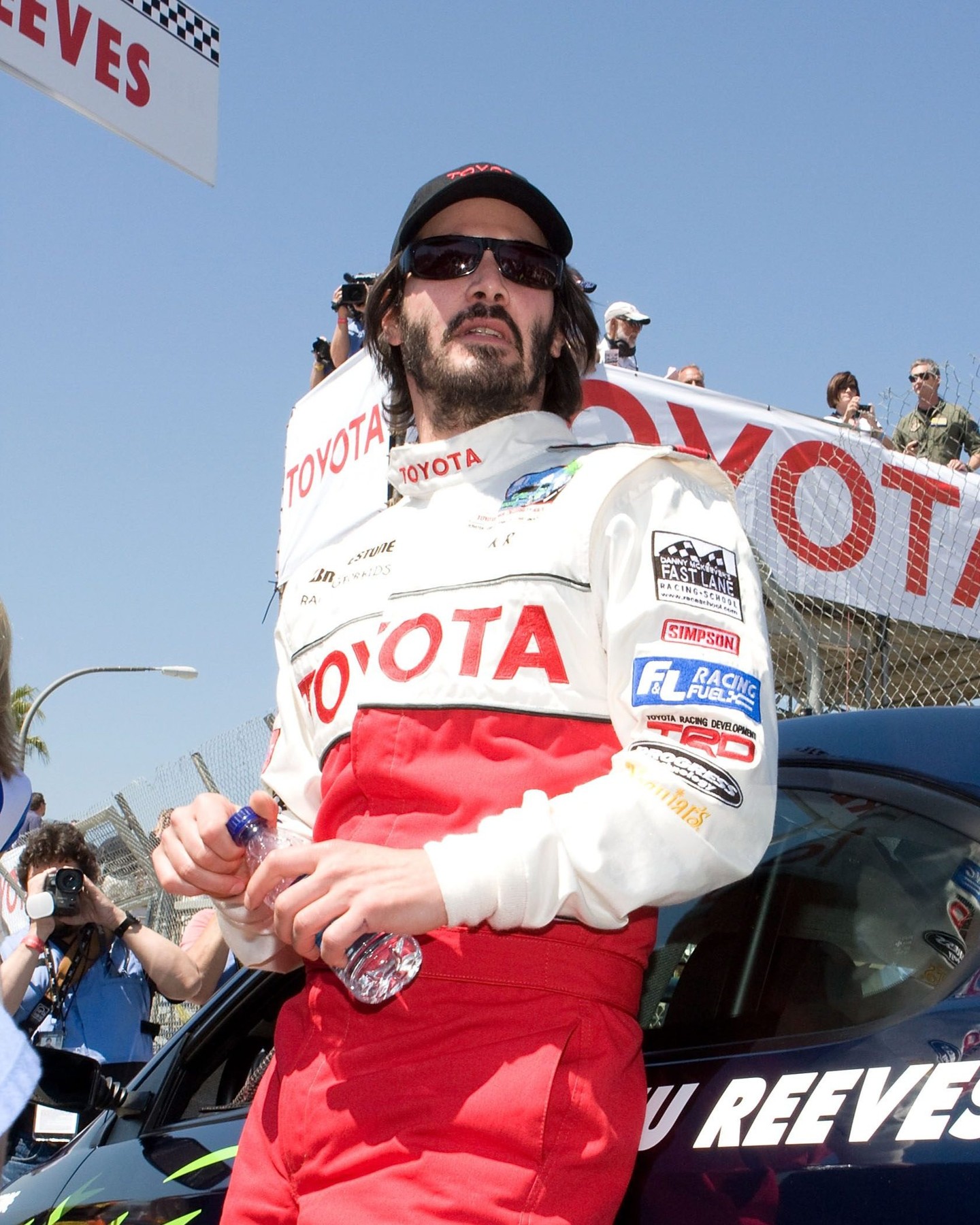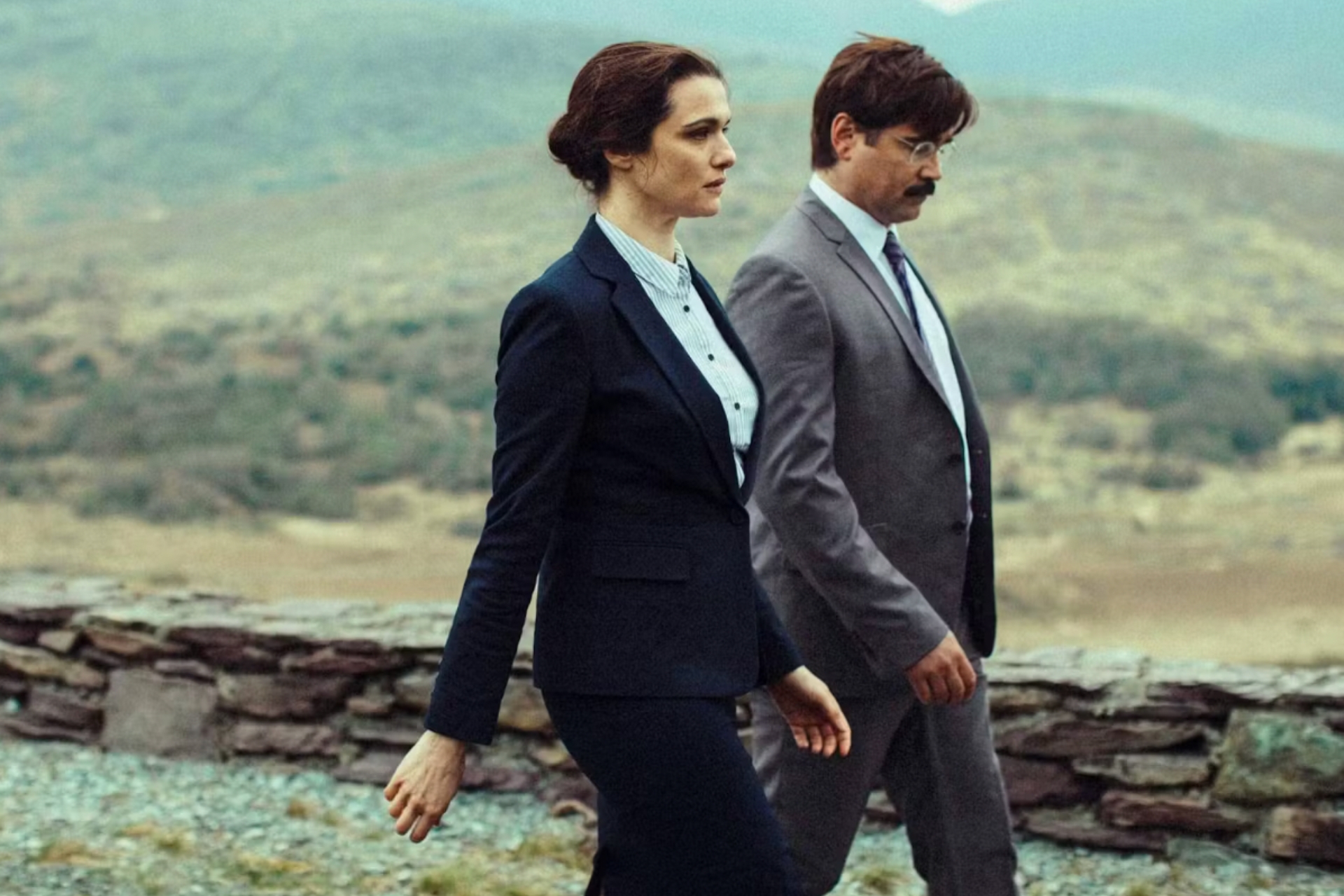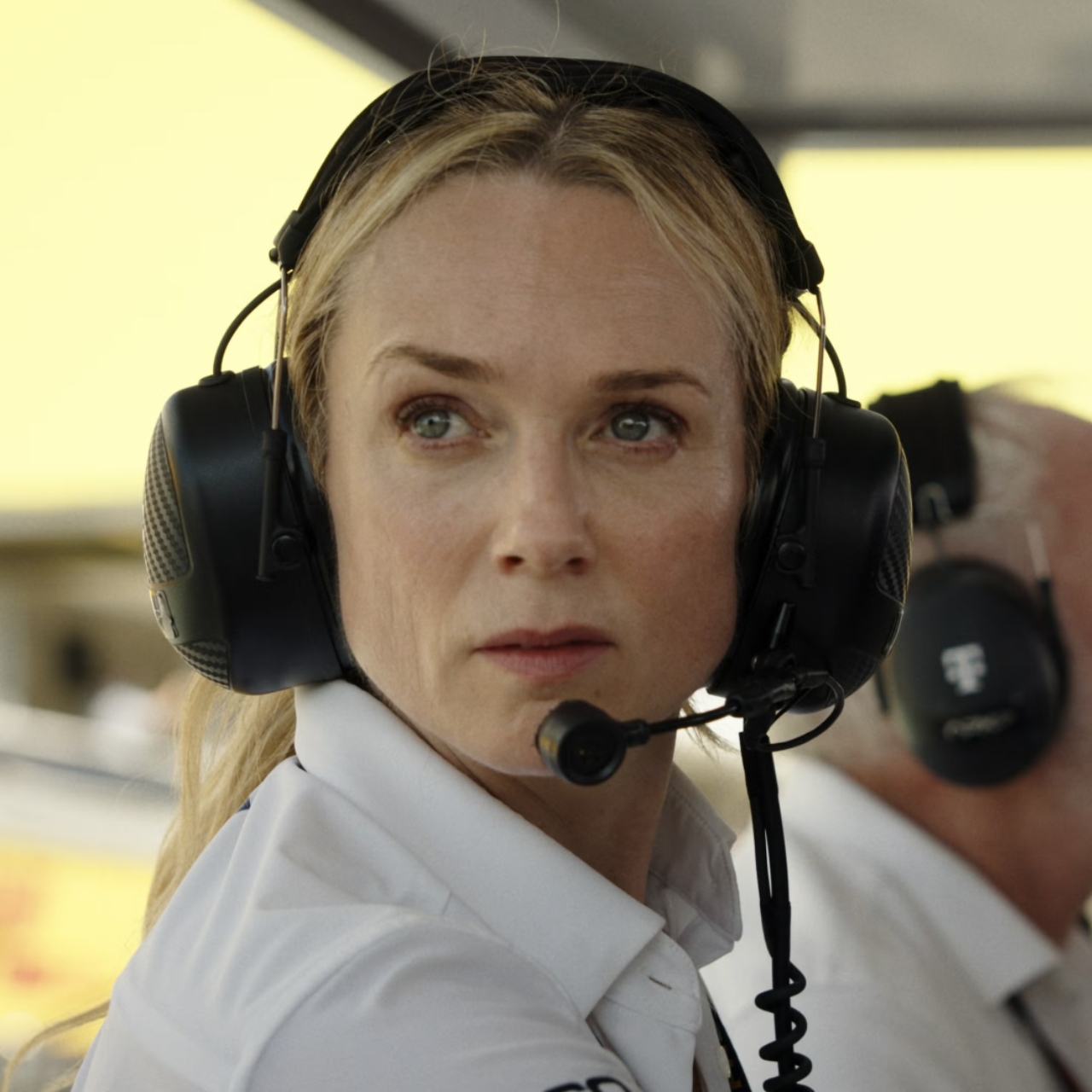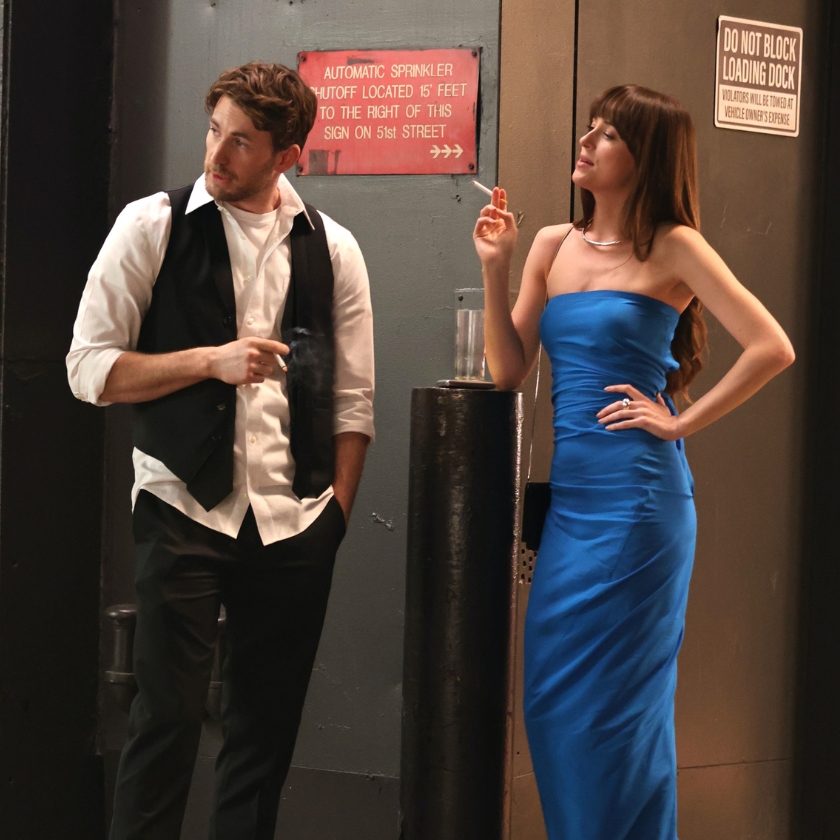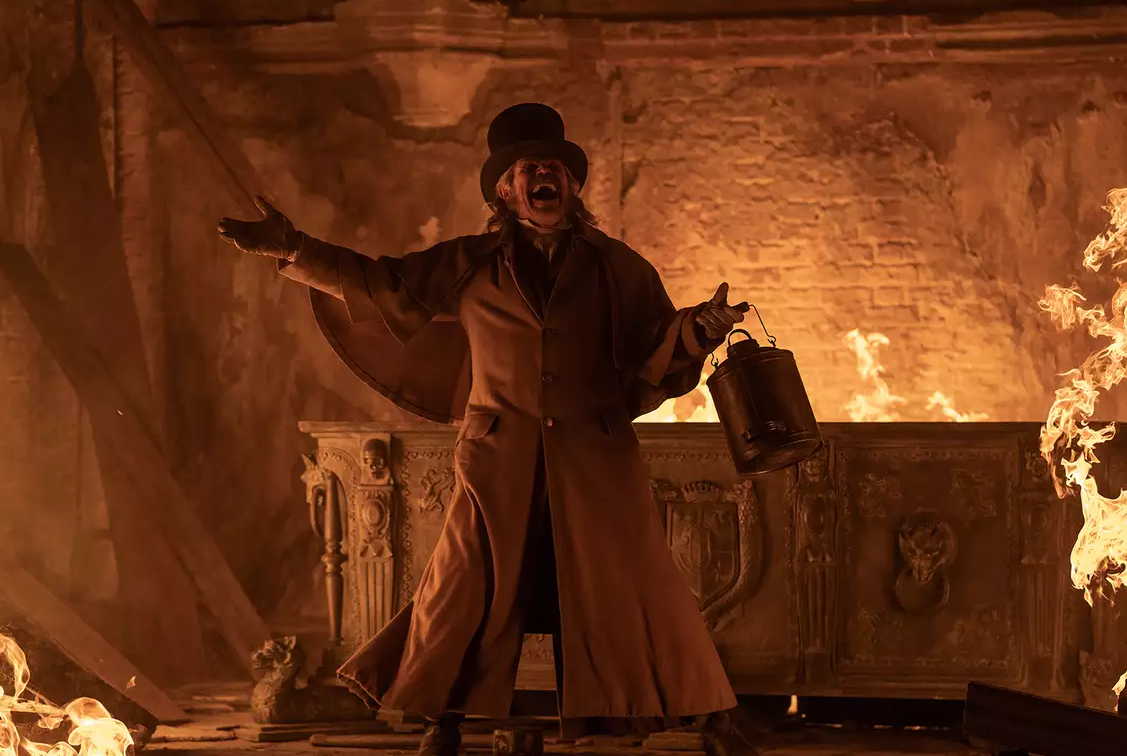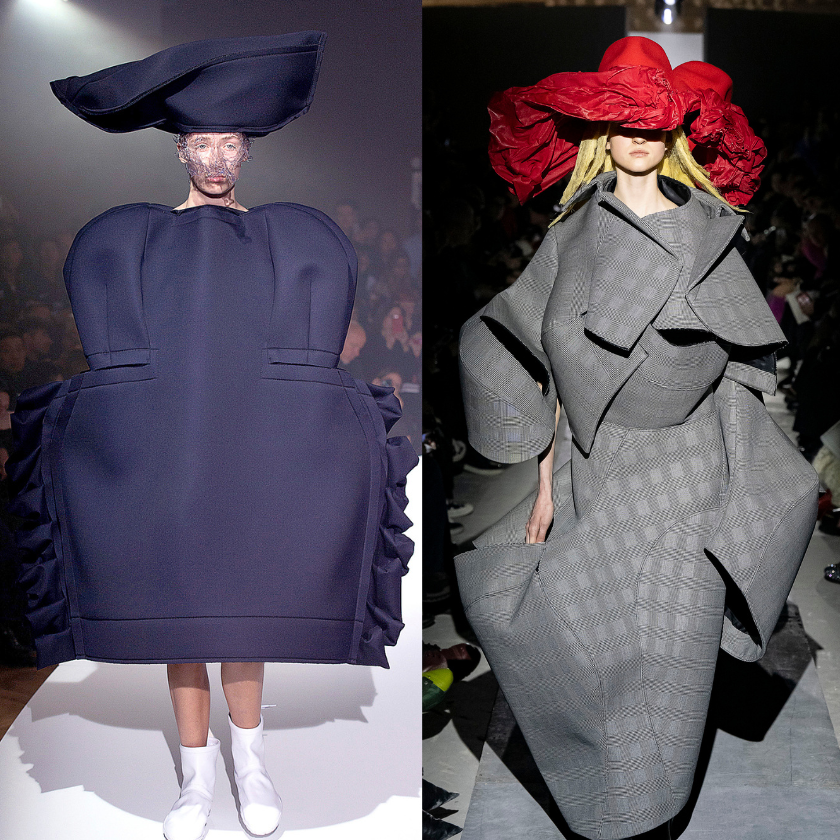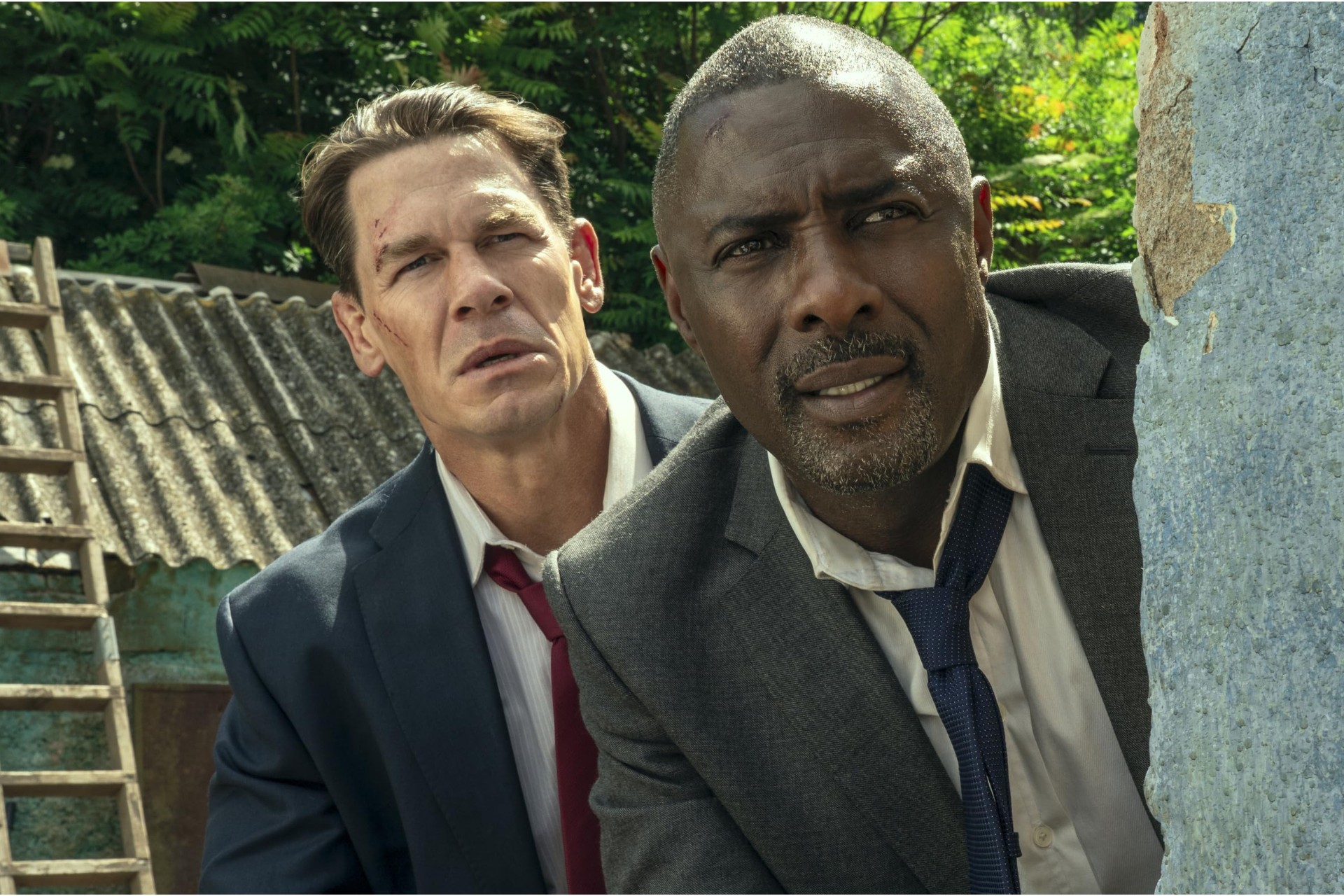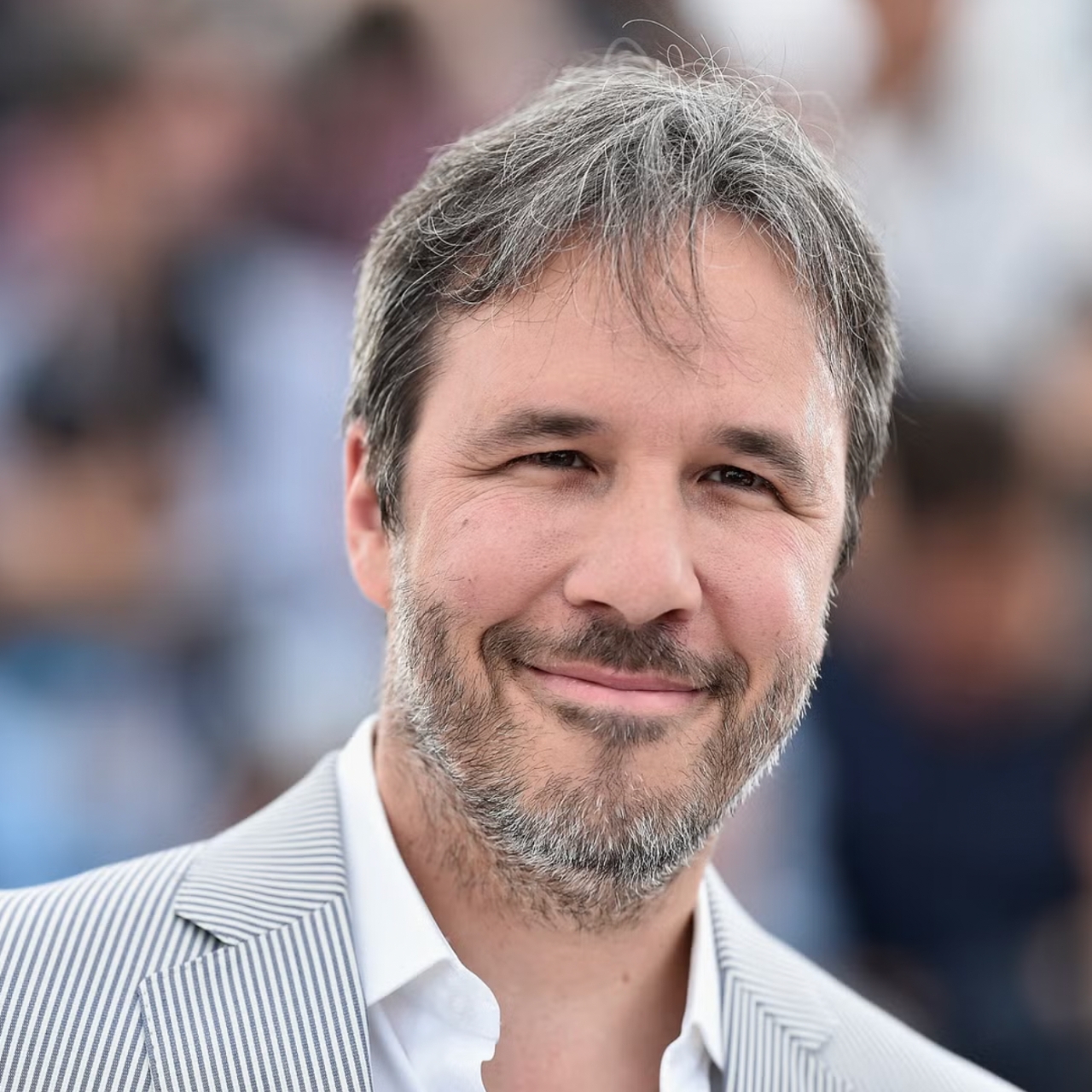‘Nosferatu’ review: Robert Eggers, king of haute horror
The art-house passion project is handsomely shot and constructed, which ultimately serves in bringing real horror within arm's reach
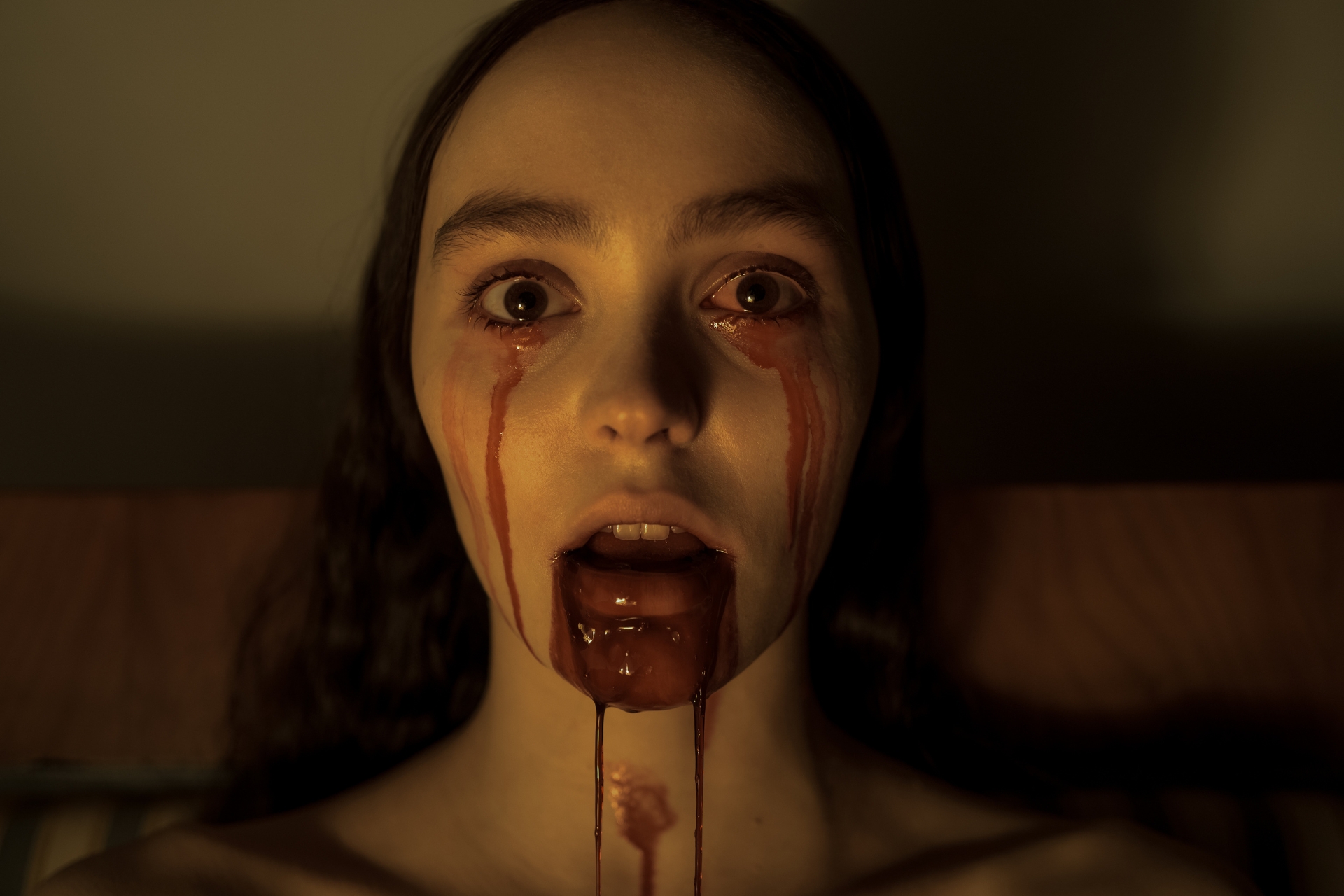
DURING A RECENT appearance on the Graham Norton Show, Demi Moore (who was on the sofa promoting The Substance) asked Colin Farrell (there for The Penguin) about his full-body prosthetics. Bonding over the early hours spent in the makeup chair to achieve their unrecognisable states, Moore finally asked, “Do you think maybe it’s because they want to know that it’s somebody attractive under there?” Flirtatious pause.
It’s a similar question I had watching Robert Eggers’s Nosferatu, in which Bill Skarsgård plays vampire Count Orlok. The Swedish actor is certainly carving out a niche for himself, though this role makes Pennywise look like, well, a clown. The actor’s drawcard good looks know no bounds. But ultimately Nosferatu is Eggers’s passion project; here, he writes and directs a remake of the 1922 German expressionist film of the same name (itself an unauthorised adaptation of Bram Stoker’s 1897 novel Dracula). Skarsgård disappears – behind his bushy moustache and undead yet athletic physique, so unlike Max Shreck in the original – to a point where, in this craft-led homage, his character becomes a part of the production design.
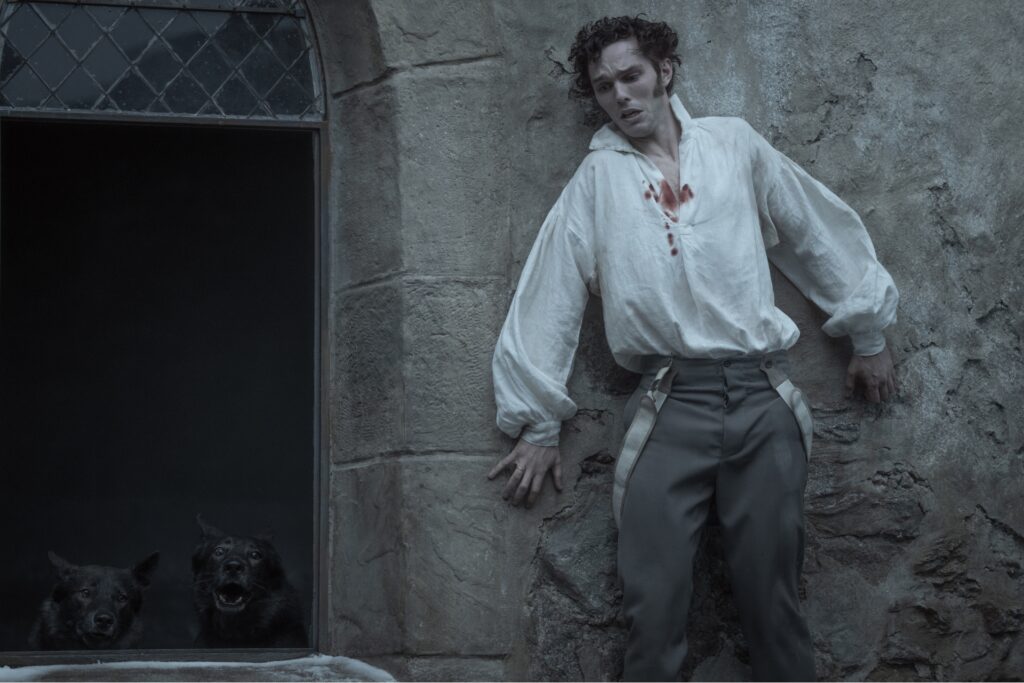
It’s a commitment to the absurd that Eggers asks of his cast, of which they are wholly game. In Orlok’s grand plan of expanding his shadow across enlightened Europe, he lures out sweet-faced realtor Thomas Hutter (Nicholas Hoult) to his castle in the Carpathian Mountains (‘Transylvania’ is never mentioned, though it’s self-consciously pointed to on a map), who makes the treacherous journey to oversee the count’s sign off of a new property. The realtor assumes little of Orlok’s true motives towards his demure wife Ellen (Lily-Rose Depp), with whom the count has struck a powerful telepathic connection with. Afflicted with seeing Orlok in her dreams, Ellen sleepwalks, suffers from bouts of nameless sexual yearnings, and “raves”, leading family friend Anna Harding (Emma Corrin) to scream, “She needs her husband!”
Depp is otherworldly, glowing in the moonlight like an Anna Weyant heroine before cracking a demonic smile; she worked with movement coach Marie-Gabrielle Rotie to nail several hysterical possessions that could be interpretive dance if you haphazardly walked into the cinema. During these sequences, I wondered who else would’ve been game enough for a retelling of Nosferatu from Ellen’s perspective, and none came to mind. Pouty and head-strong, in one instance, her own tongue threatens to rip itself out of her mouth by sheer will of feeling foreign in her own subconscious. Exorcisms take on a visceral physicality that makes a show of muscles and contortion that’s more abstract than brutish.
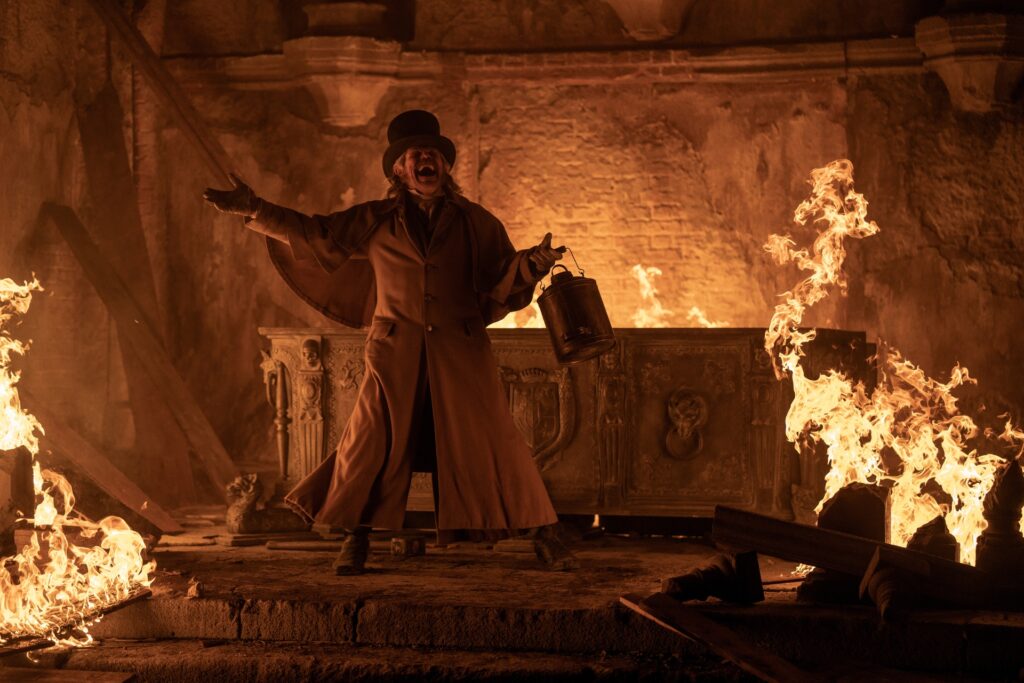
To pare-back his sincere accuracy, Eggers enlists Willem Dafoe as Professor Albin Eberhard Von Franz, who, smoking from a pipe you could swear gets comically longer and longer in every scene, is deliriously chipper. Von Franz’s progressive intentions in treating Ellen are one side of the modern medical establishment the film portrays, the other being Robert Ineson’s Dr. Wilhelm Sievers, who thinks confining Ellen to a corset while she sleeps will suffocate the demons inside her, plus “promote good posture”.
As Orlok arrives in the fictional German port city of Wisborg by ship, the scope and scale of the production that went into constructing the city reveals itself as if it were Eggers’s dissertation on the 1922 version. Documents scribbled with German calligraphy are littered all over a realtor’s desk; an 1830s-style animatronic birdcage sits in the bedroom of the Harding children; silk flowers populate Ellen and Anna’s hair. There is a studied love for the material, but the tangibility and accuracy of historical finesse serves the macabre reality in which our characters exist in – what could’ve been real.
‘Nosferatu’ is out in cinemas from January 1 in Australia.
Related:
The best TV series, movies and documentaries to stream in December












